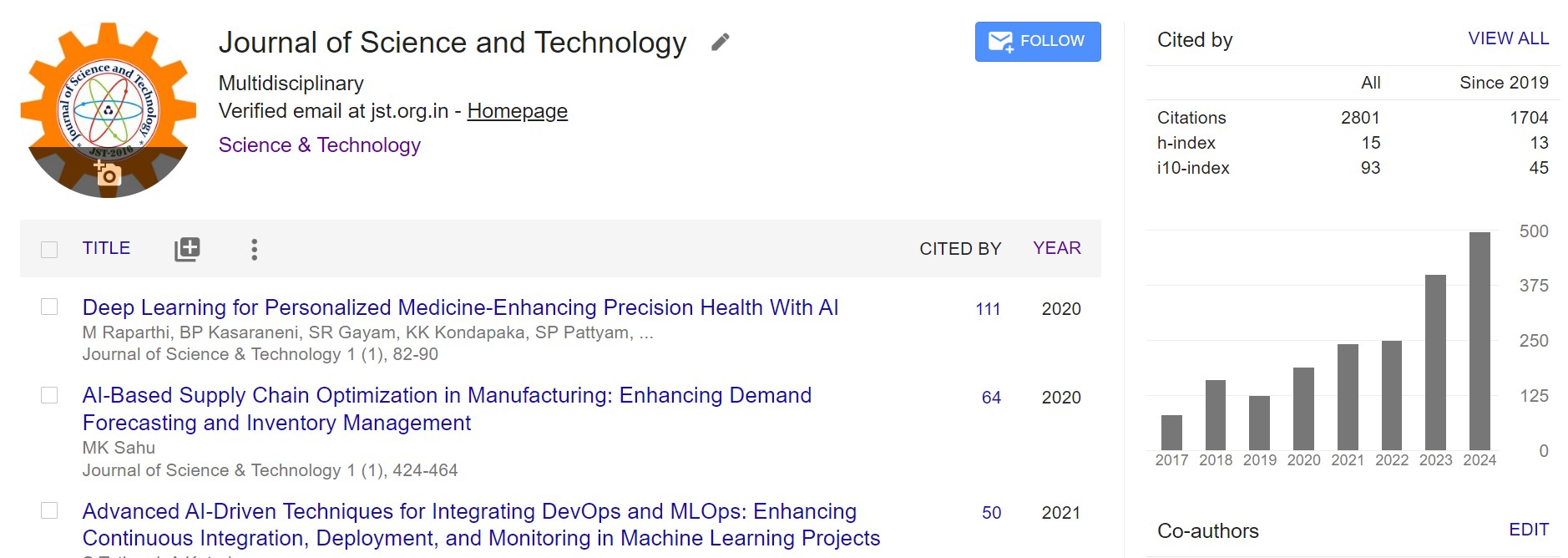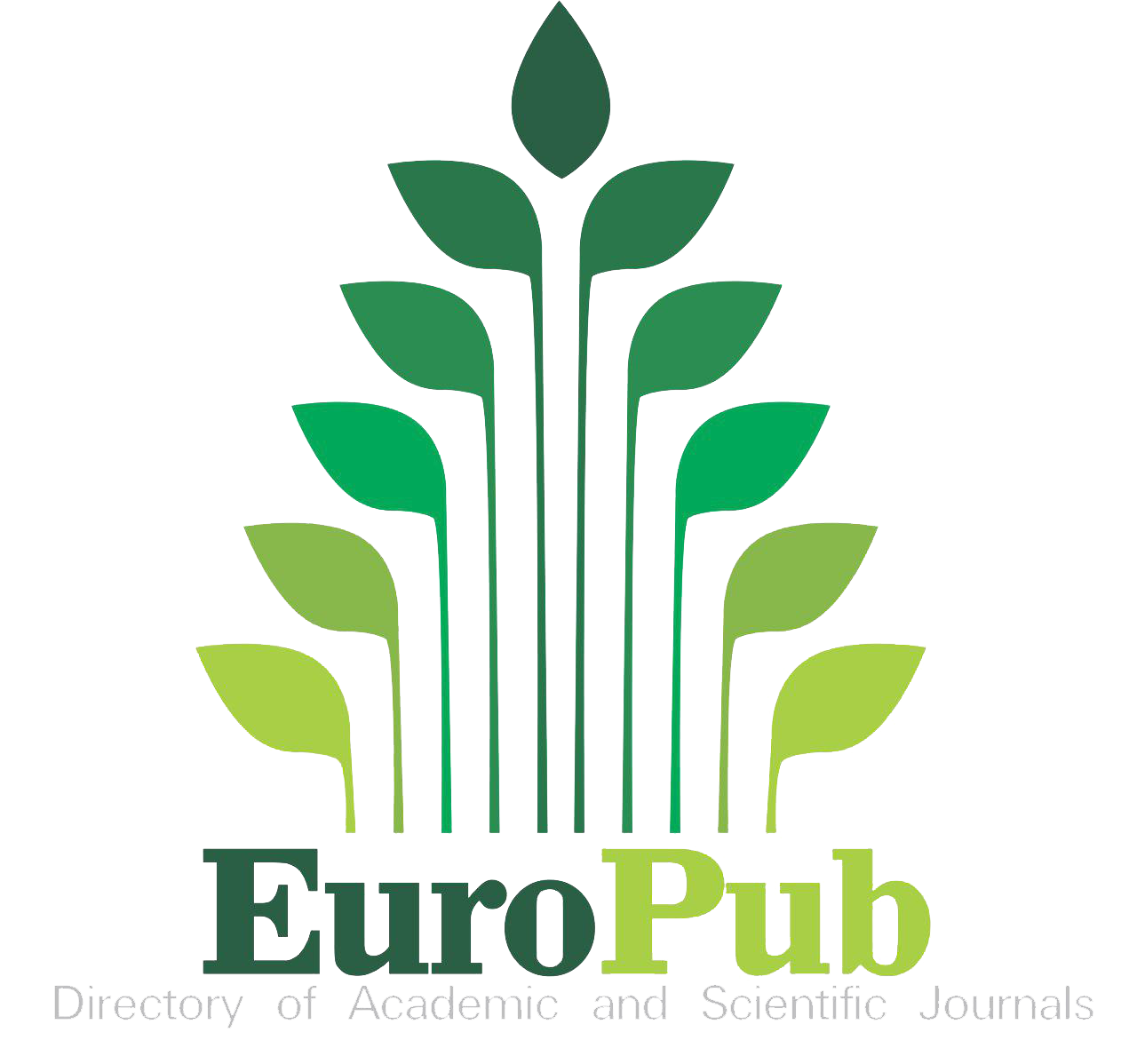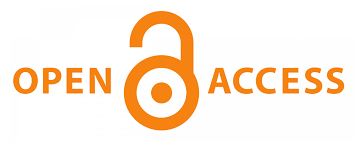Improving Security Control in Cloud Computing for Healthcare Environments
Keywords:
Security Management, Risk Assessmen, Blockchain, Risk Mitigation,, Continuous Monitoring Authentication, Encryption, HIPAA,, GDPR, Data Integrity, ConfidentialityAbstract
Cloud computing has transformed a variety of businesses by providing scalable and cost-effective data storage and management options. However, sensitive sectors such as healthcare face major security issues due to the extremely sensitive nature of patient data and stringent regulatory regulations. The purpose of this study is to solve security concerns in cloud computing for healthcare contexts by presenting a comprehensive security management system. The framework includes risk assessment, security implementation, continuous monitoring, compliance management, and the integration of modern security technologies. Potential threats and weaknesses in the cloud environment are discovered through a thorough risk assessment, enabling the adoption of appropriate security measures like as authentication, encryption, and intrusion detection and prevention systems. Continuous monitoring ensures early detection of questionable actions and adherence to regulatory norms. Furthermore, the use of modern technologies such as blockchain and multi-factor authentication improves the security posture of cloud-based healthcare systems. Case studies from healthcare organizations such as the Mayo Clinic and Cleveland Clinic demonstrate how cloud computing solutions may be successfully implemented while ensuring data security and compliance. By implementing the proposed framework, healthcare companies can effectively mitigate security risks and reap the benefits of cloud computing to improve patient care and operational efficiency while protecting the integrity, availability, and privacy of sensitive healthcare data.






















